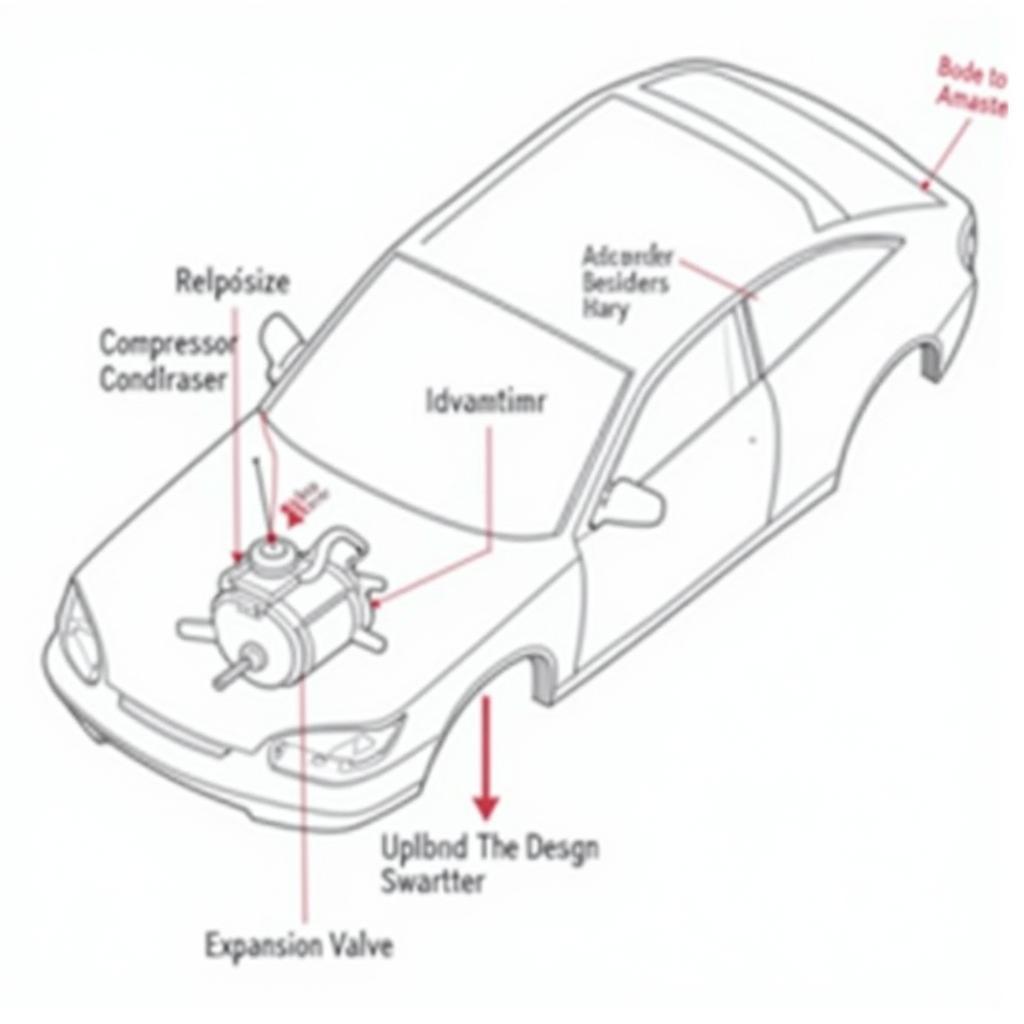What Type of Service Does My Car Need? A Complete Guide
Knowing what type of service your car needs can feel like navigating a maze. From oil changes to brake inspections, the options seem endless. This guide simplifies things, outlining the different service types and when your vehicle might need them. Let’s demystify car maintenance together!
Understanding Your Car’s Service Needs
Just like us, cars thrive on regular check-ups. But how do you know what your car needs and when? The answer often lies in a combination of factors:
- Your Car’s Age and Mileage: A brand new car has different needs than a vehicle with 100,000 miles on it.
- Driving Conditions: Frequent stop-and-go city driving puts more stress on your car than highway cruising.
- Manufacturer Recommendations: Your owner’s manual is your best friend! It outlines specific service intervals tailored to your car model.
Common Types of Car Services and When You Need Them
Let’s break down the most common car services:
1. Oil Change
What it is: The cornerstone of car maintenance, an oil change involves replacing old engine oil with fresh oil and a new oil filter.
When you need it: Typically every 3,000 miles or 3 months, though newer cars with synthetic oil might go longer. Consult your owner’s manual for specific recommendations.
Why it’s important: Oil lubricates your engine’s moving parts, preventing friction and overheating. Regular oil changes ensure optimal engine performance and longevity.
2. Tire Rotation & Alignment
What it is: Tire rotation involves moving your tires to different positions on your car. Alignment ensures your wheels are pointing in the right direction.
When you need it: Tire rotation is generally recommended every 5,000-8,000 miles. You might need an alignment if your car pulls to one side, your steering wheel vibrates, or you notice uneven tire wear.
Why it’s important: Rotation promotes even tire wear, extending their lifespan. Proper alignment improves handling, fuel efficiency, and safety.
3. Brake Service
What it is: This can range from a simple brake pad replacement to more complex repairs involving rotors, calipers, and brake lines.
When you need it: Listen for screeching or grinding noises when braking. If your car vibrates when braking or pulls to one side, it’s time for a check-up.
Why it’s important: Brakes are critical for your safety. Addressing issues early prevents costly repairs and ensures optimal stopping power.
4. Engine Tune-Up
What it is: A tune-up typically involves replacing spark plugs, air filters, and fuel filters, along with checking various engine components.
When you need it: If your car experiences rough idling, decreased fuel efficiency, or reduced engine performance, a tune-up might be in order.
Why it’s important: A well-tuned engine runs more efficiently, saving you money on fuel and reducing emissions.
5. Fluid Checks and Top-offs
What it is: This involves checking the levels and condition of essential fluids like coolant, transmission fluid, brake fluid, and power steering fluid.
When you need it: It’s good practice to have fluids checked at every oil change.
Why it’s important: These fluids keep your car running smoothly and safely. Low fluids can lead to overheating, poor performance, and even system damage.
6. Battery Service
What it is: This can include testing the battery’s charge, cleaning terminals, and replacing the battery when necessary.
When you need it: If your car is slow to start, headlights are dim, or you notice other electrical issues, it’s time for a battery check.
Why it’s important: Your battery starts your car and powers electrical components. A failing battery can leave you stranded.
Don’t Ignore the Warning Signs
Your car often communicates its needs through various signs. Pay attention to:
- Dashboard warning lights
- Unusual noises (squealing, grinding, knocking)
- Fluid leaks under your car
- Changes in handling or performance
Car Service: An Investment, Not an Expense
Regular car maintenance can feel like an added expense, but it’s an investment in your car’s longevity, safety, and performance.
“Think of car service like going to the doctor,” says John Smith, Master Mechanic at ABC Auto Repair. “Preventative care is always better and less expensive than waiting for a major problem.”
Is a Car Service Worth It?
Absolutely! Regular servicing helps identify potential issues early on, preventing costly repairs down the line. It also ensures your car runs smoothly, maximizing fuel efficiency and keeping you safe on the road.
Unsure how many hours a car servicing takes? Find out more about how many hours car servicing takes in our detailed guide.
What Type of Service Does My Car Need? Final Thoughts
By understanding the different types of car services and recognizing the signs your car might be sending, you can keep your vehicle running smoothly for years to come. Remember, your owner’s manual and a trusted mechanic are your best allies in car maintenance.

